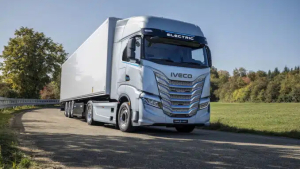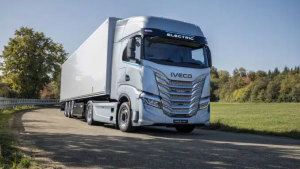- Home
- International Programme
- Publications
- Colloquiums
- Seminars
- Blog
- IJATM
- Young Author Prize
- 1 of 29
- ››
User login
Navigation
Agenda
|
Journée du Gerpisa
Thursday, 12 February, 2026 - 14:00 - 16:00
|
|
Journée du Gerpisa
Friday, 13 February, 2026 - 14:00 - 16:00
|
|
Journée du Gerpisa
Friday, 13 March, 2026 - 14:00 - 16:00
|
|
Journée du Gerpisa
Friday, 10 April, 2026 - 09:00 - 17:00
|
|
Colloque du Gerpisa
Monday, 15 June, 2026 - 08:00 - Thursday, 18 June, 2026 - 18:00
|


















